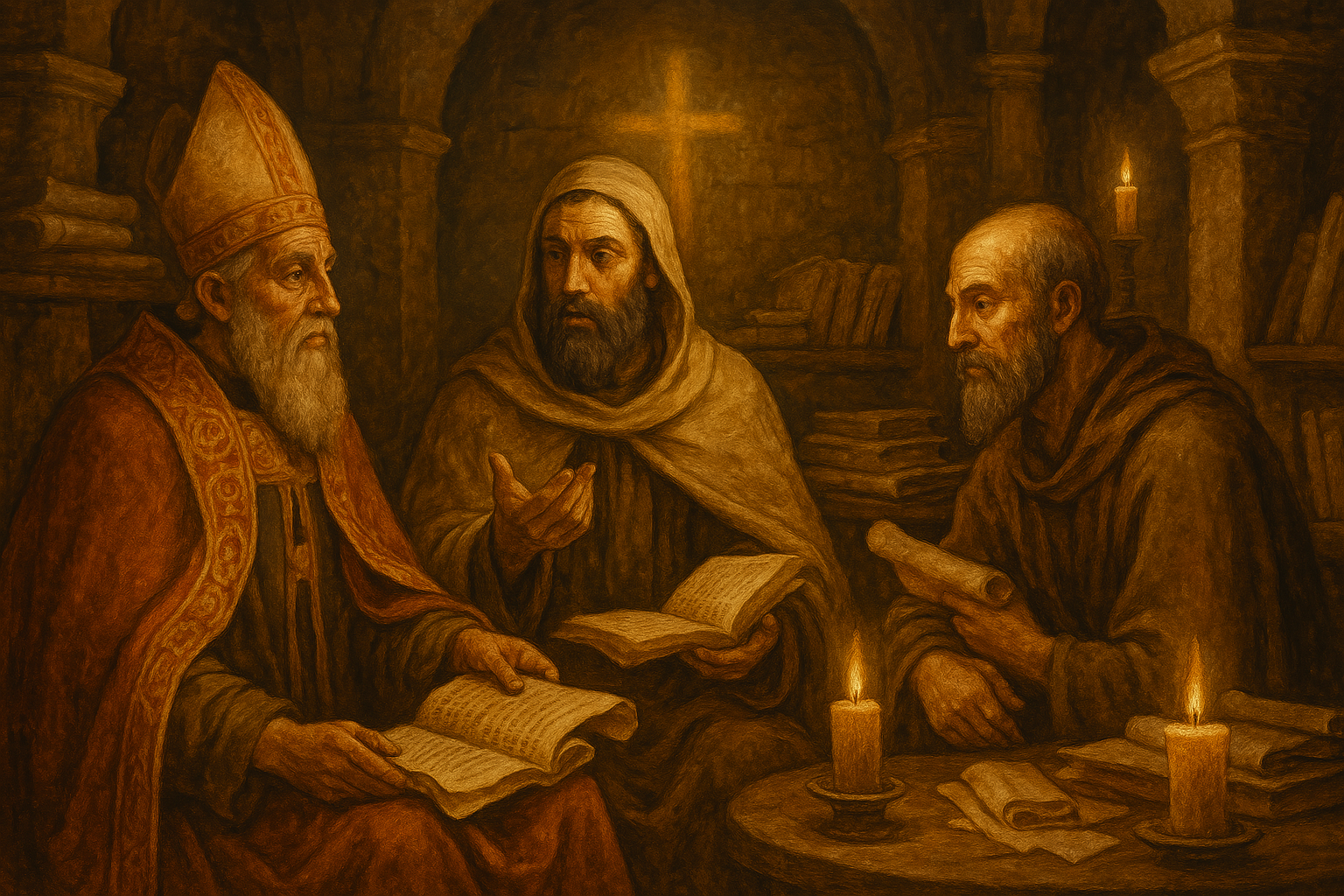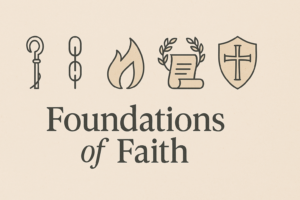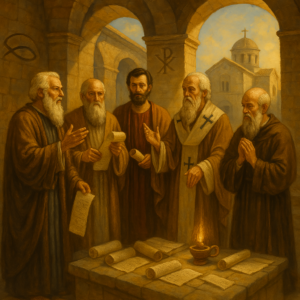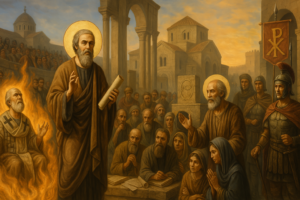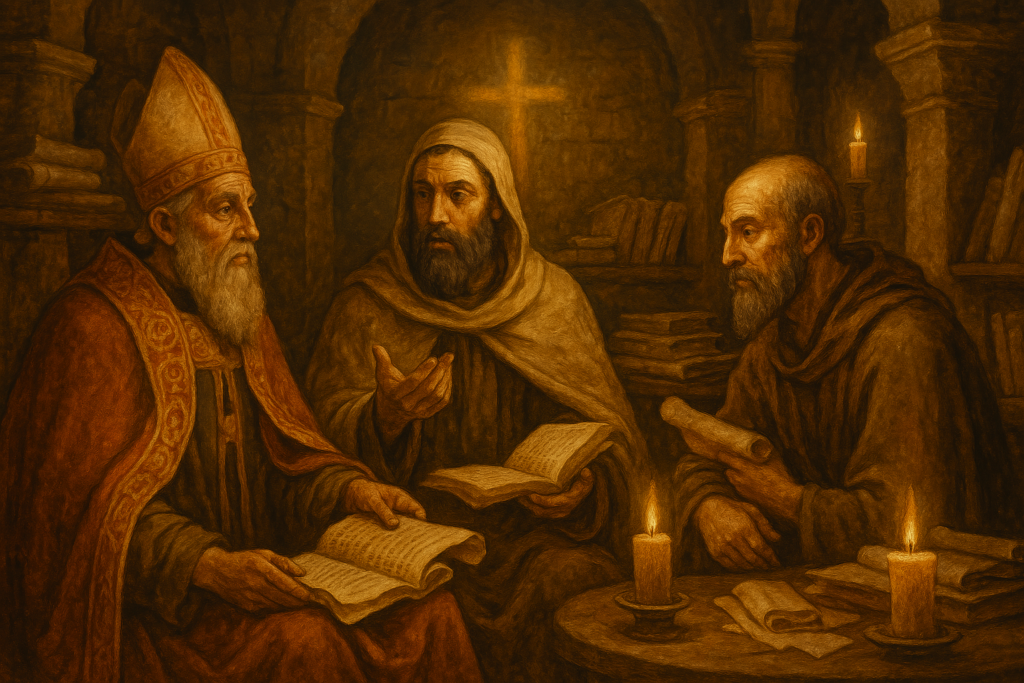
Estimated reading time: 8 minutes
Key Takeaways
- The early church fathers were influential leaders who shaped Christian doctrine from the 1st to the 8th century.
- Their writings established foundational Christian beliefs, including the Trinity and the nature of Christ.
- Understanding their teachings is essential to grasp the historical development of Christianity.
- Their works continue to influence modern Christian theology and practice.
The early church fathers were instrumental in shaping the course of Christianity, laying the foundational beliefs and doctrines that continue to influence the faith today. These influential theologians, bishops, scholars, and leaders of the early Christian Church—spanning from the late 1st century to the 8th century—were pivotal in defining and defending the core tenets of Christian doctrine.
Who Were the Early Church Fathers?
The early church fathers are commonly divided into three groups: the Apostolic Fathers, the Ante-Nicene Fathers, and the Nicene and Post-Nicene Fathers. Each group played a significant role during different periods of early Christian history, contributing to the development of key theological concepts and practices.
The Apostolic Fathers
The Apostolic Fathers were early Christian theologians who lived in the late first and early second centuries. They are called “Apostolic” because they were believed to have known the Apostles directly or were significantly influenced by them. Notable figures include Clement of Rome, Ignatius of Antioch, and Polycarp of Smyrna.
The Ante-Nicene Fathers
The Ante-Nicene Fathers were theologians who lived after the Apostolic Fathers and before the First Council of Nicaea in 325 AD. They faced significant challenges, including persecution, and worked to defend and explain Christianity in a largely pagan world. Key figures include Justin Martyr, Irenaeus, Tertullian, and Origen.
The Nicene and Post-Nicene Fathers
These church fathers lived during and after the time of the First Council of Nicaea. They addressed theological controversies and helped formalize Christian doctrine. Notable figures include Athanasius of Alexandria, Augustine of Hippo, Jerome, and the Cappadocian Fathers: Basil the Great, Gregory of Nyssa, and Gregory of Nazianzus.
Their Contributions to Christian Doctrine
The early church fathers’ writings were pivotal in establishing foundational Christian doctrines. They addressed critical theological issues such as the divine nature of Jesus Christ, the Holy Trinity, and the canon of Scripture. For example, Athanasius defended the divinity of Christ against Arianism, while Augustine’s works on original sin and grace influenced Western Christianity profoundly.
Influence on Modern Christianity
The teachings of the early church fathers continue to have a significant impact on contemporary Christian theology and practice. Their works are studied for their theological insights and as a historical bridge connecting modern believers with the early church. Many denominations look to the writings of these fathers for guidance on doctrinal issues.
Frequently Asked Questions
Who are considered the early church fathers?
The early church fathers are theologians and leaders who shaped the early Christian Church from the late first century to the eighth century. They include the Apostolic Fathers, Ante-Nicene Fathers, and the Nicene and Post-Nicene Fathers.
Why are the early church fathers important?
They are important because their writings and teachings helped establish foundational Christian doctrines, interpret Scripture, and address heresies, significantly shaping the theology and practices of Christianity.
What contributions did they make to Christian doctrine?
The early church fathers contributed to the development of key doctrines such as the Trinity, the nature of Christ, the canon of the New Testament, and ethical teachings. Their writings were crucial in defining orthodox beliefs.

